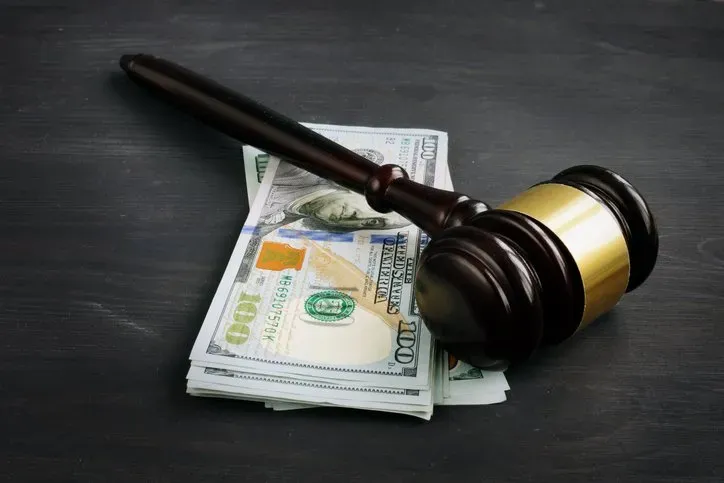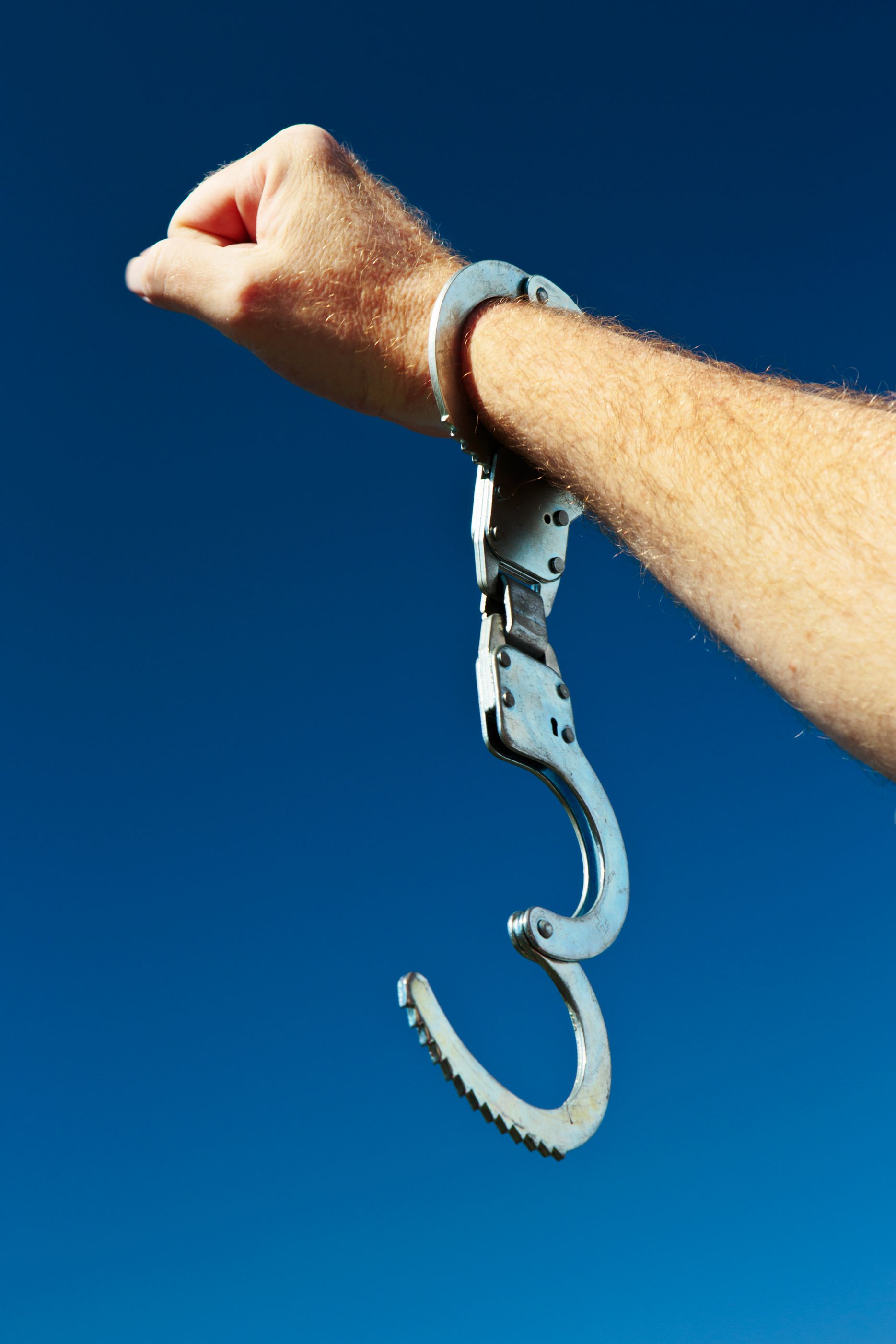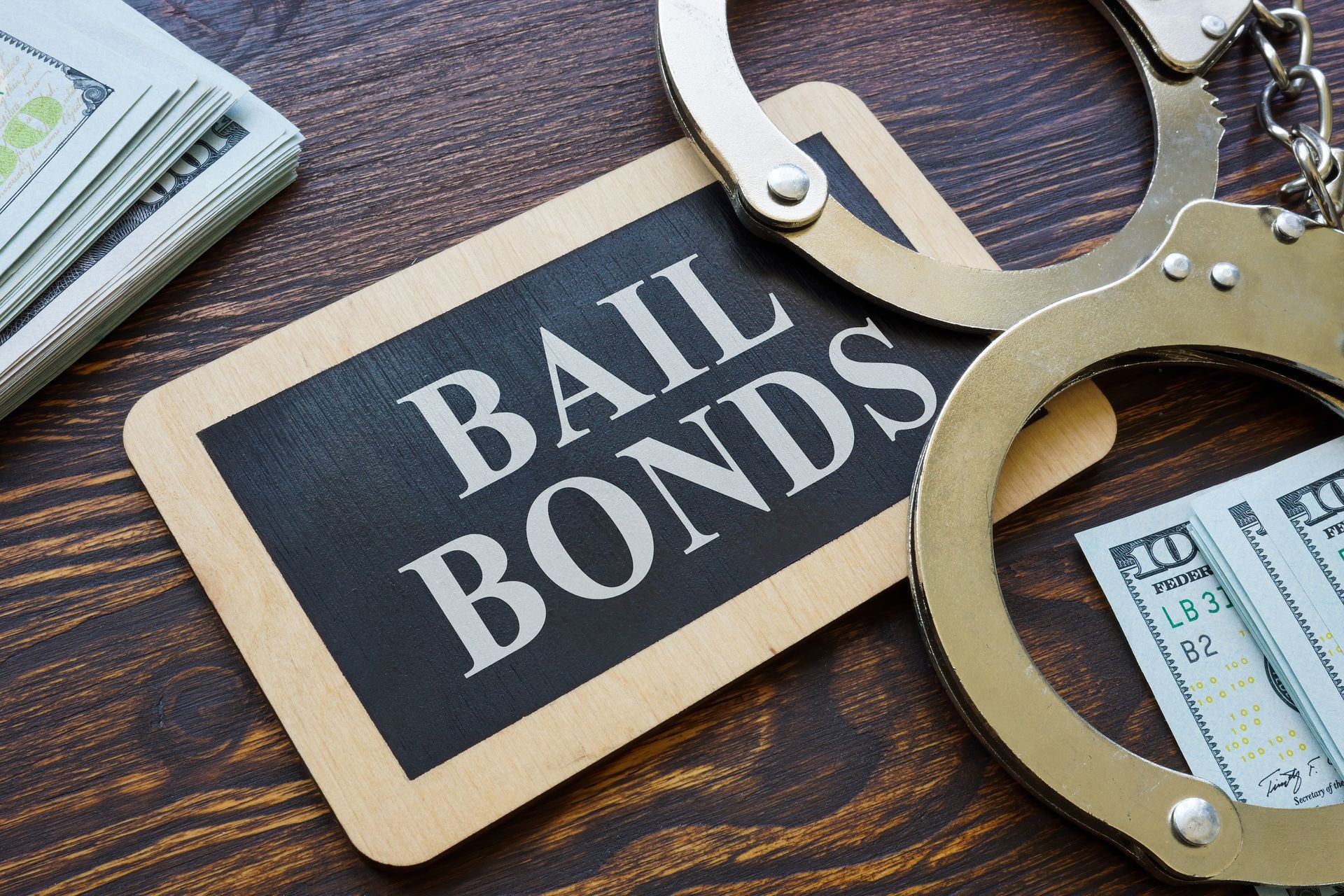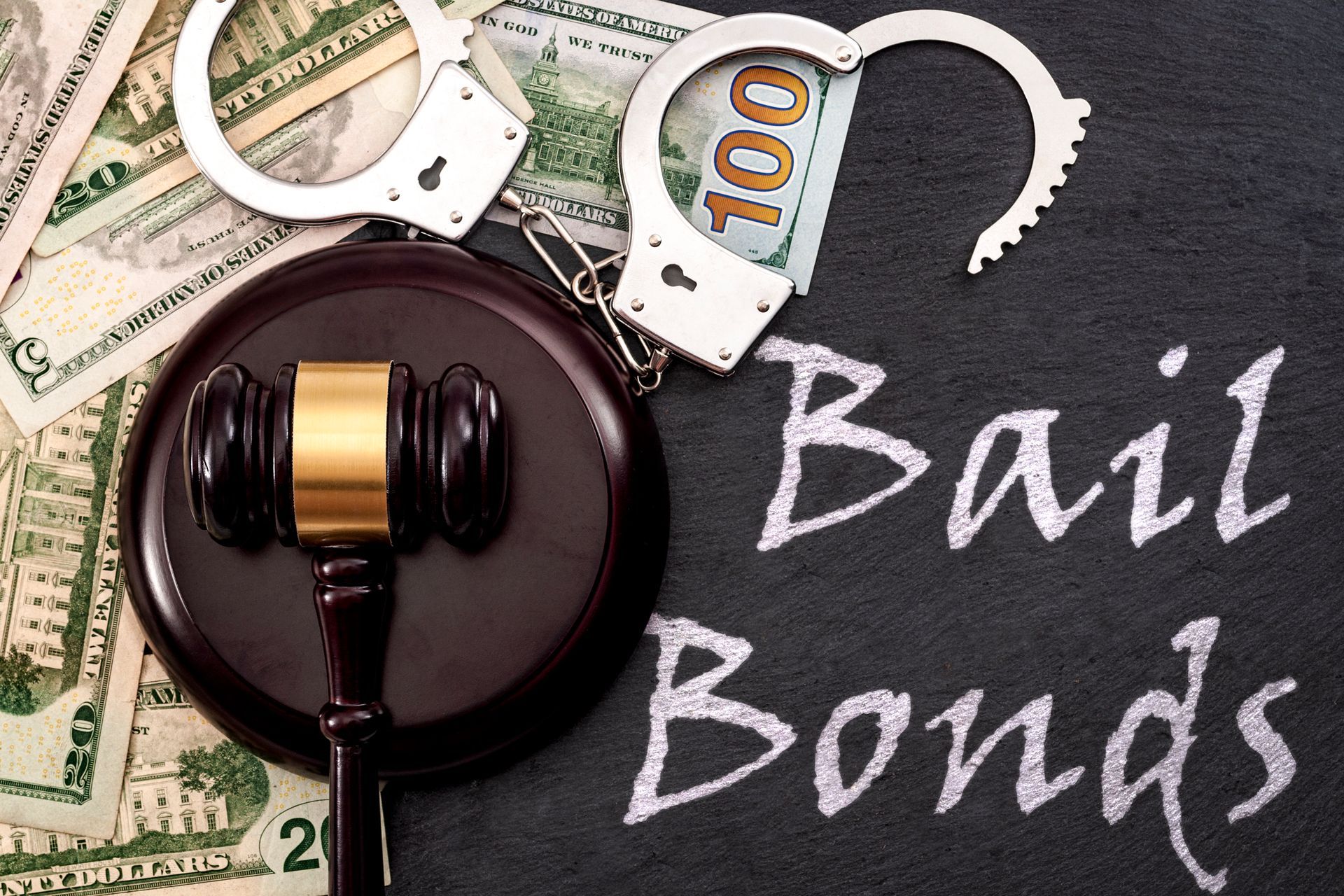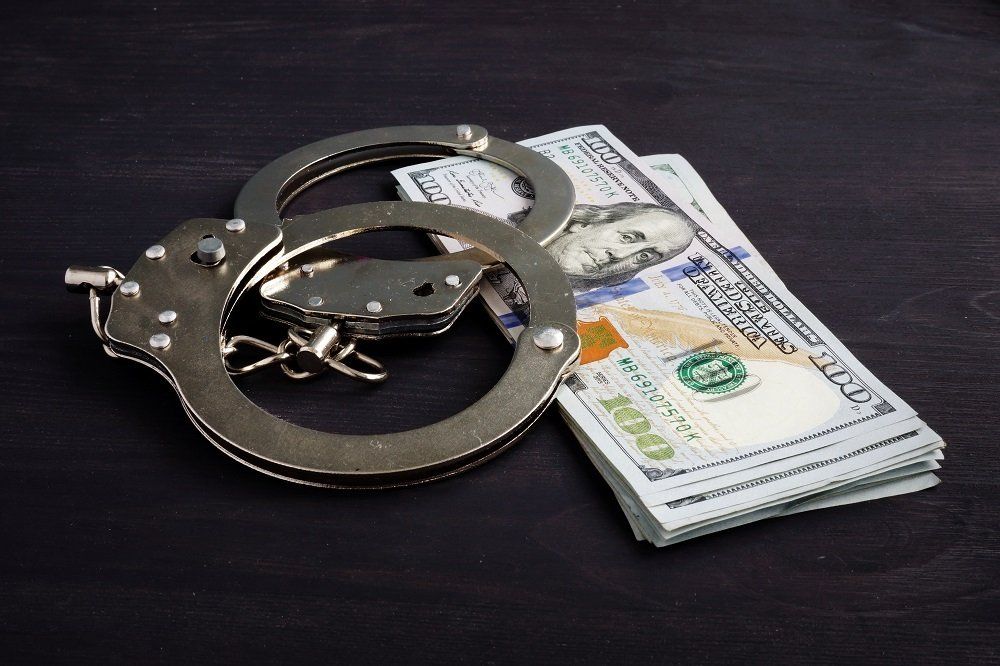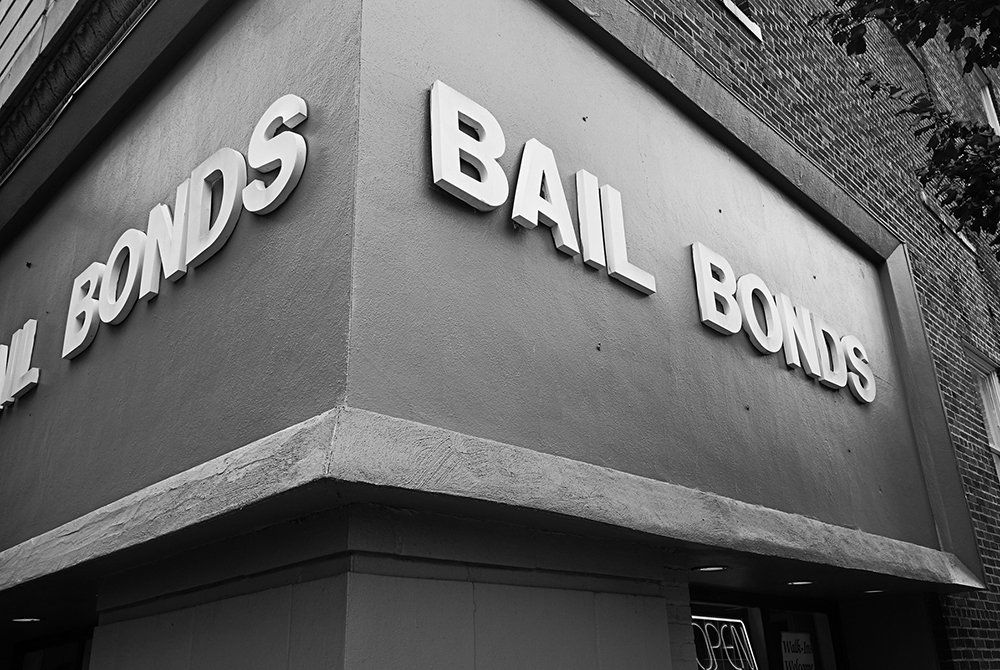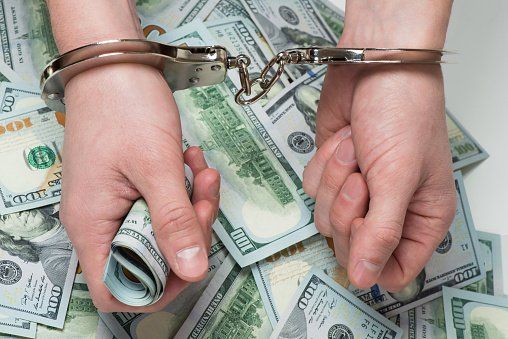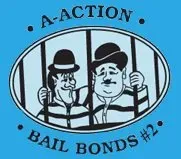Your Guide to Paying Your Bail Bond Fee
After an arrest, a judge will set your bail. Your bail depends on numerous factors, such as the severity of your charges, your ties to the community, and your history of making your court appearances.
In minor cases, the judge may agree to release you on your own recognizance: this is a written promise to appear in court. However, in other situations, a judge may require you to post a payment known as bail.
Your bail money is returned to you (except a processing fee) once all your court appearances are over. Many individuals already on a tight budget struggle to come up with the money to post bail. A bail bond is an affordable alternative for these individuals.
With a bail bond, a bail bond agent will post the bail in exchange for a non-refundable fee. This fee is usually equal to 10 percent of the amount of your bail. If your bail is $2,000, the fee is $200.
The amount of the bail bond fee may still be difficult for you to pay, depending on the specifics of your finances. Keep reading for useful information that explores your options for paying your bail bond fee.
See What Payment Methods the Bail Bond Agent Accepts
One of the first things you need to do is inquire with the bail bond agent as to what payment methods they take. Some agents only accept cash, while others may take credit cards. Once you understand your payment options, you can formulate a plan to pay the fee.
For example, if the bail bond company takes credit cards, you can use your credit card to quickly and conveniently pay the fee.
Ask If the Bail Bond Agent Offers an In-House Payment Plan
Some bail bond agents realize that their clients may struggle to pay the full amount of the bail bond fee and offer payment plans to these individuals. If you're short on cash, a payment plan directly with the bail bond company is a convenient way to make the payment more affordable.
Check that you thoroughly understand the terms of the payment plan and any costs with spreading out the payments. The agent may request that you put up collateral depending on the amount of the bail and the subsequent fee.
If your bail bond fee is thousands of dollars, your agent may want to minimize their risk by holding onto some type of asset that they can seize and liquidate if you default on your payments. Common options for collateral include jewelry, cars, homes, and recreational vehicles.
Compare Interest Rates When Financing the Fee
If you must finance the cost of the bail bond fee, compare the interest rates for your options. Though you want to get your loved one out of jail as quickly as possible, you also want to make sure that you don't put your own finances at risk.
Even if your bail bond agent doesn't accept credit cards, you can still do a cash advance from the card to pay the fee. This option is a quick and convenient alternative; you can pull money off your credit card at most ATMs. You usually have a one-time fee for the cash advance, and you'll likely have a higher interest rate for this portion of your card balance.
A small personal loan is likely to have fewer fees and a lower interest rate than a cash advance. However, the process to get a personal loan usually takes a few days. You may not want your loved one to remain in jail this long.
If you have a little leeway in your budget, you can use your personal cash on hand to pay the bail bond fee and then use the proceeds from the personal loan to cover your expenses.
Want to learn more about taking out a bail bond? Contact A-Action Bail Bonds today.

